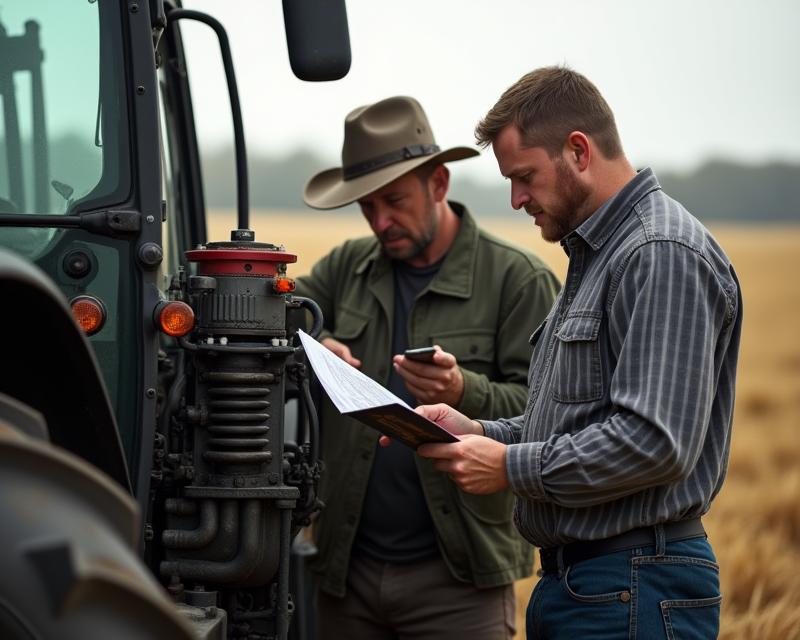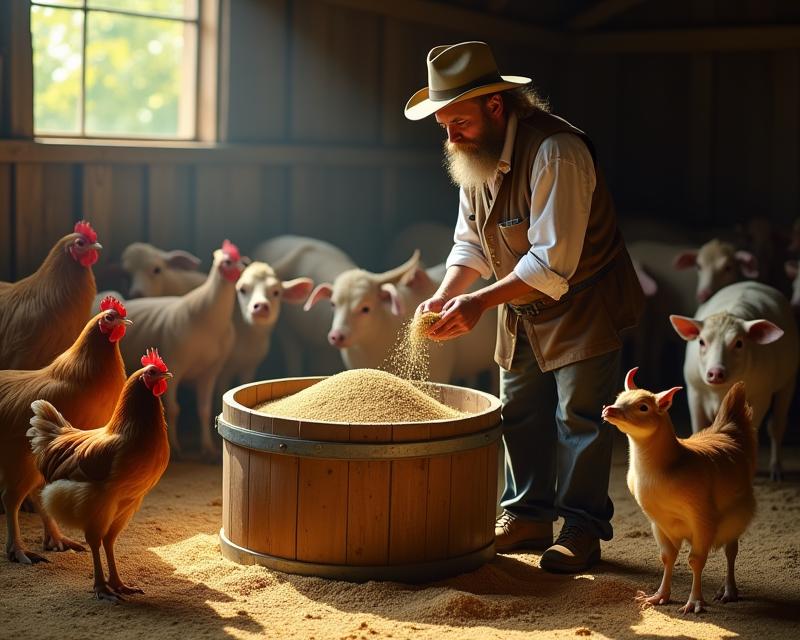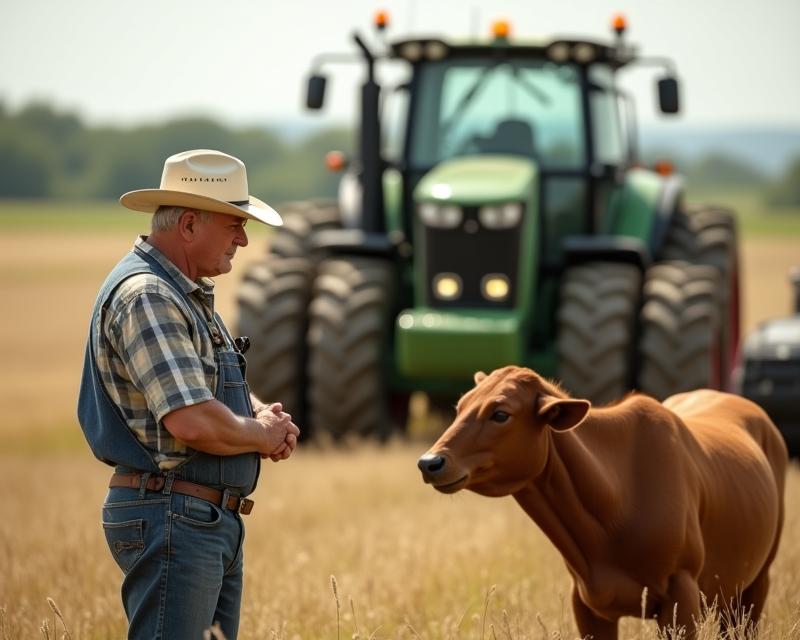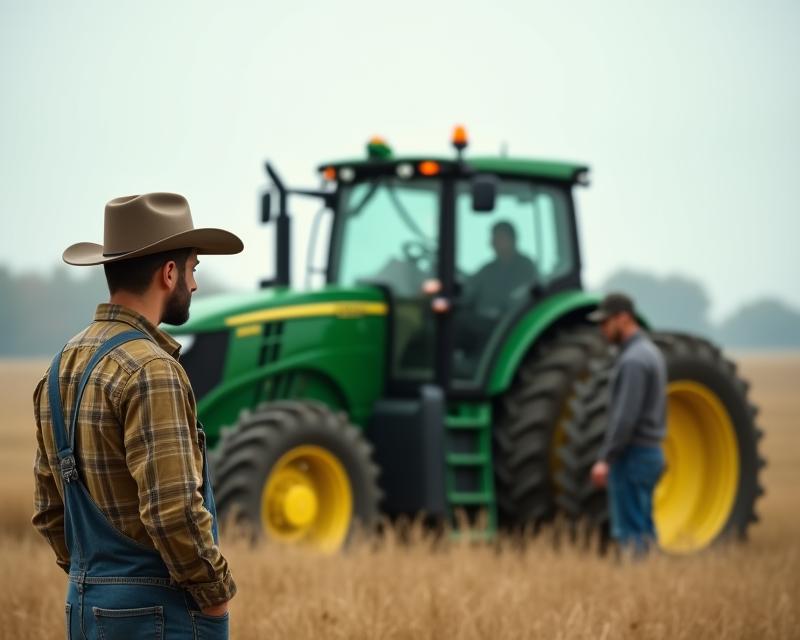Farm Equipment Repair: Regulations & Farmer Rights
Publish in Farm Business el 23/07/2025 16:41
Farm Equipment Repair: Regulations & Farmer Rights
Running a farm is tough work! You rely heavily on your equipment – tractors, combines, planters – to get the job done. When things break down, getting them fixed quickly is crucial to avoid delays and lost productivity. But have you ever wondered about the rules surrounding farm equipment repair? It's a complex area with existing regulations, but also some significant gaps that can leave farmers vulnerable.

What Regulations Are in Place?
Currently, the primary federal regulation impacting farm equipment repair comes from the Federal Motor Vehicle Safety Standards (FMVSS). These standards, enforced by the National Highway Traffic Safety Administration (NHTSA), primarily focus on the safety aspects of equipment, especially those operating on public roads. Specifically, they cover things like brakes, steering, and lighting. If your equipment is registered for road use, it must meet these standards. Furthermore, there are state-level regulations regarding mechanic licensing and consumer protection. These vary widely, but generally aim to ensure repairs are done competently and fairly.
Where Are the Gaps?
While some regulations exist, many farmers feel they don't adequately protect their rights. One major concern is the lack of consistent standards for repair quality. There's no federal requirement for mechanics specializing in farm equipment to have specific certifications or training. This means you might encounter mechanics who aren't fully equipped to handle the complexities of modern agricultural machinery. Another issue is warranty enforcement. It can be difficult to navigate warranty claims, especially when dealing with dealerships or independent repair shops. Often, farmers face lengthy delays and bureaucratic hurdles to get their equipment repaired under warranty.
Protecting Yourself: What Can Farmers Do?
So, what can you do to protect yourself? First, always get a written estimate before authorizing any repairs. Second, ask mechanics about their experience with your specific type of equipment. Third, document everything – keep records of all repairs, including dates, costs, and descriptions of the work performed. Finally, consider purchasing extended warranties or exploring options for preventative maintenance to minimize the risk of costly breakdowns. Advocating for stronger regulations and industry standards is also crucial. Contact your state representatives and agricultural organizations to voice your concerns and push for policies that prioritize farmer rights and equipment reliability. A well-maintained farm is a productive farm, and fair regulations are essential for success.
- Always get a written estimate.
- Ask about mechanic experience.
- Document all repairs.
- Consider extended warranties.





